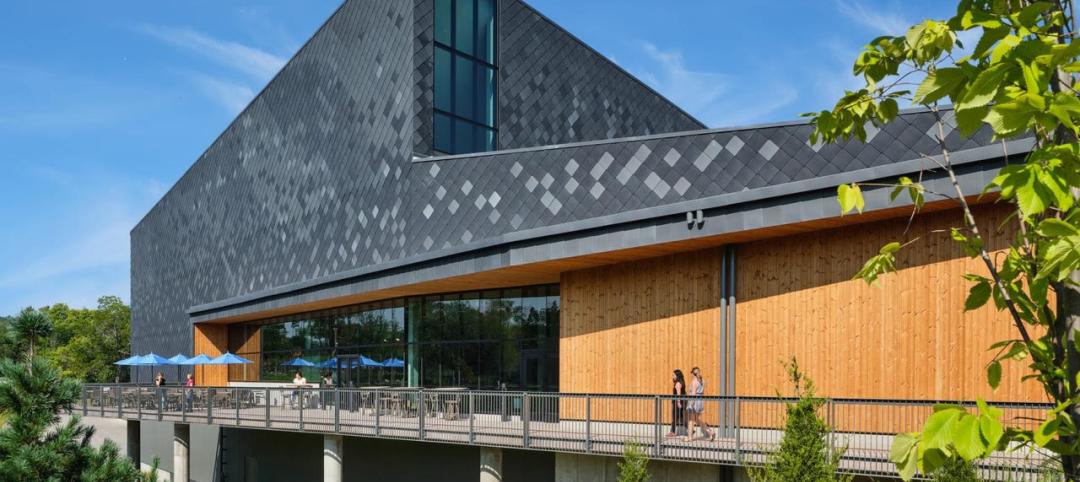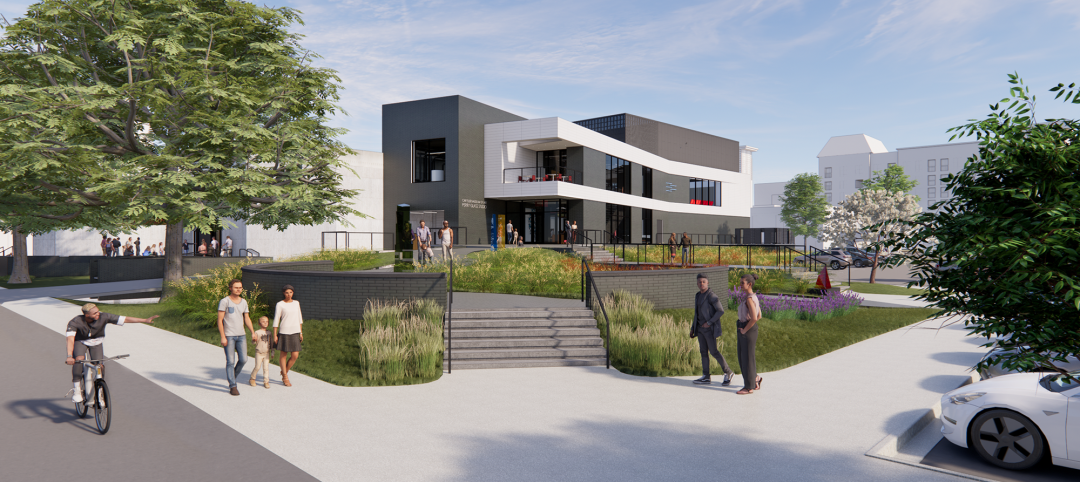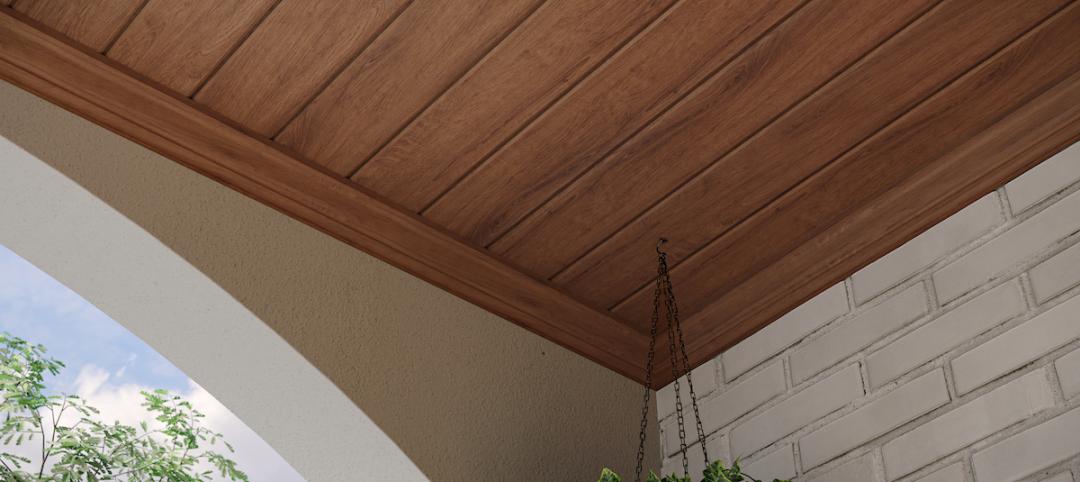Scrap tires could gain a new purpose as ingredients for construction materials, thanks to research at Missouri University of Science and Technology.
Discarded tires are a big problem. Landfills are teeming with them and they can harbor disease-carrying mosquitos and rodents. Stockpiles of old tires also burn easily — creating fires that can quickly get out of control and may burn for months or even years.
But the longevity and resilience of scrap tires also makes them ideal for other uses.
Dr. Mohamed A. El Gawady, a researcher at Missouri S&T, is currently testing new masonry blocks made with ground tires.
“Rubber has a lot of benefits in addition to its sustainability,” says El Gawady, associate professor of civil, architectural and environmental engineering. “It’s very durable and provides good insulation. Among their many potential benefits, these new blocks could cut heating bills by 50 percent.”
ElGawady has been working with Midwest Block and Brick, a Jefferson City, Mo.-based company, to create the blocks, which are made from sand and scrap tires ground to fine particles.
These rubber-added blocks, called rubberized blocks, were constructed with a variety of ratios of sand to rubber particles before coming up with the right balance.
“The rubber makes the blocks a bit weaker, so after testing various percentages, we now only replace about 20 percent of the sand with rubber, so the blocks retain their strength,” ElGawady says.
He and his students use a compression machine to test and compare the strength of prisms built with the rubberized blocks to conventional concrete masonry blocks.
Both rubberized and conventional blocks are being tested in an environmental chamber at Missouri S&T. In the chamber, the blocks undergo cycles of extreme temperatures and humidity levels, simulating different weather conditions. The rubberized blocks are also tested under cyclic compression loads simulating earthquake loads.
“Construction with these new blocks could improve a building’s resiliency during an earthquake by acting as shock absorbers,” says ElGawady.
Related Stories
Office Buildings | Mar 27, 2024
A new Singapore office campus inaugurates the Jurong Innovation District, a business park located in a tropical rainforest
Surbana Jurong, an urban, infrastructure and managed services consulting firm, recently opened its new headquarters in Singapore. Surbana Jurong Campus inaugurates the Jurong Innovation District, a business park set in a tropical rainforest.
Cultural Facilities | Mar 27, 2024
Kansas City’s new Sobela Ocean Aquarium home to nearly 8,000 animals in 34 habitats
Kansas City’s new Sobela Ocean Aquarium is a world-class facility home to nearly 8,000 animals in 34 habitats ranging from small tanks to a giant 400,000-gallon shark tank.
Market Data | Mar 26, 2024
Architecture firm billings see modest easing in February
Architecture firm billings continued to decline in February, with an AIA/Deltek Architecture Billings Index (ABI) score of 49.5 for the month. However, February’s score marks the most modest easing in billings since July 2023 and suggests that the recent slowdown may be receding.
Cultural Facilities | Mar 26, 2024
Renovation restores century-old Brooklyn Paramount Theater to its original use
The renovation of the iconic Brooklyn Paramount Theater restored the building to its original purpose as a movie theater and music performance venue. Long Island University had acquired the venue in the 1960s and repurposed it as the school’s basketball court.
Adaptive Reuse | Mar 26, 2024
Adaptive Reuse Scorecard released to help developers assess project viability
Lamar Johnson Collaborative announced the debut of the firm’s Adaptive Reuse Scorecard, a proprietary methodology to quickly analyze the viability of converting buildings to other uses.
Security and Life Safety | Mar 26, 2024
Safeguarding our schools: Strategies to protect students and keep campuses safe
HMC Architects' PreK-12 Principal in Charge, Sherry Sajadpour, shares insights from school security experts and advisors on PreK-12 design strategies.
Green | Mar 25, 2024
Zero-carbon multifamily development designed for transactive energy
Living EmPower House, which is set to be the first zero-carbon, replicable, and equitable multifamily development designed for transactive energy, recently was awarded a $9 million Next EPIC Grant Construction Loan from the State of California.
Museums | Mar 25, 2024
Chrysler Museum of Art’s newly expanded Perry Glass Studio will display the art of glassmaking
In Norfolk, Va., the Chrysler Museum of Art’s Perry Glass Studio, an educational facility for glassmaking, will open a new addition in May. That will be followed by a renovation of the existing building scheduled for completion in December.
Sustainability | Mar 21, 2024
World’s first TRUE-certified building project completed in California
GENESIS Marina, an expansive laboratory and office campus in Brisbane, Calif., is the world’s first Total Resource Use and Efficiency (TRUE)-certified construction endeavor. The certification recognizes projects that achieve outstanding levels of resource efficiency through waste reduction, reuse, and recycling practices.

















